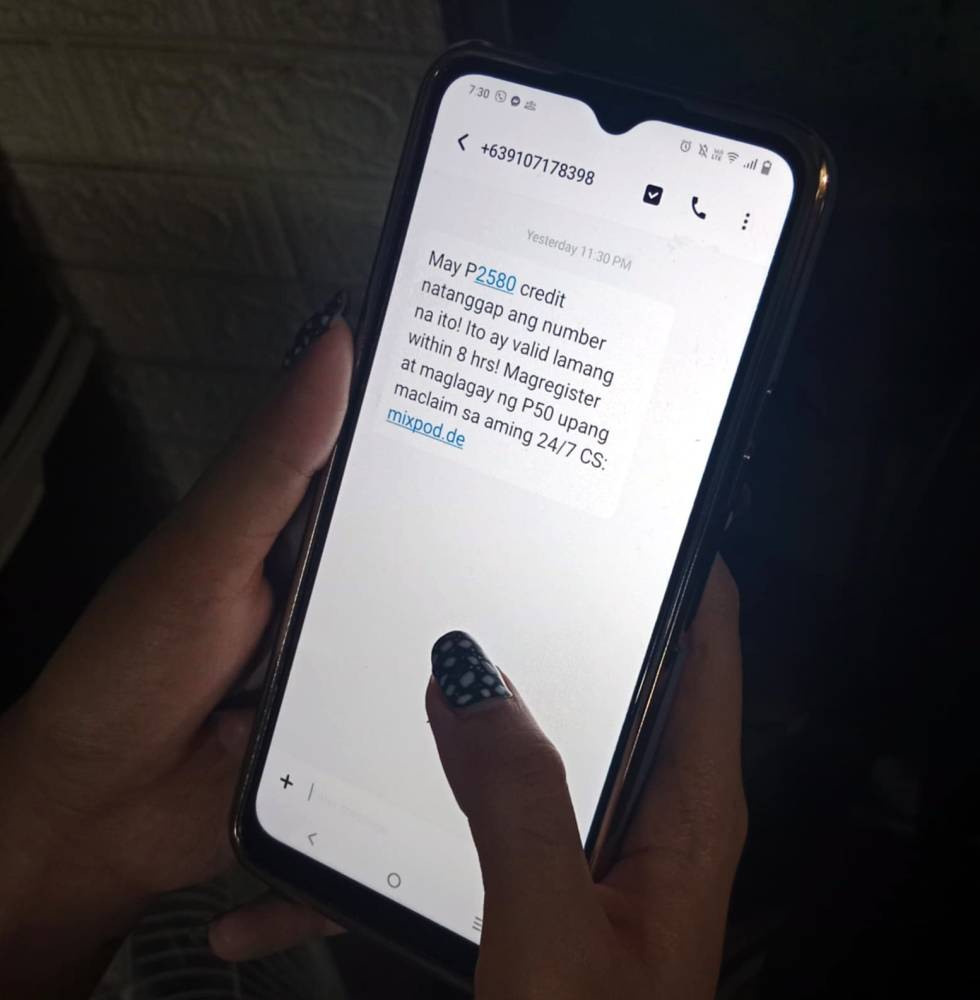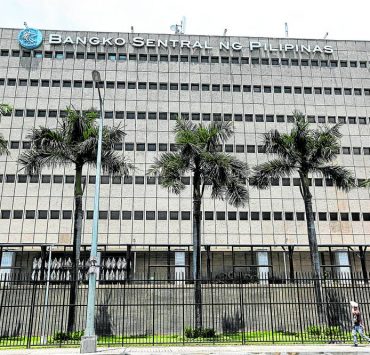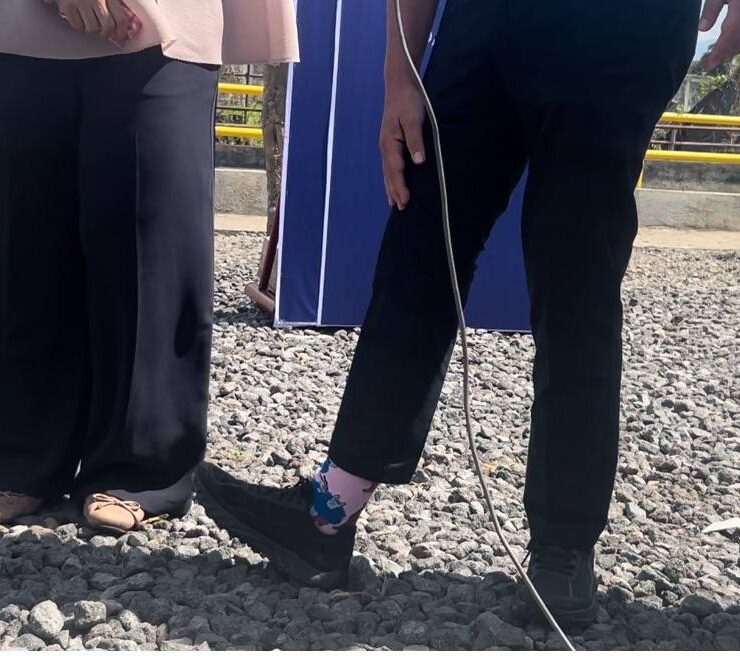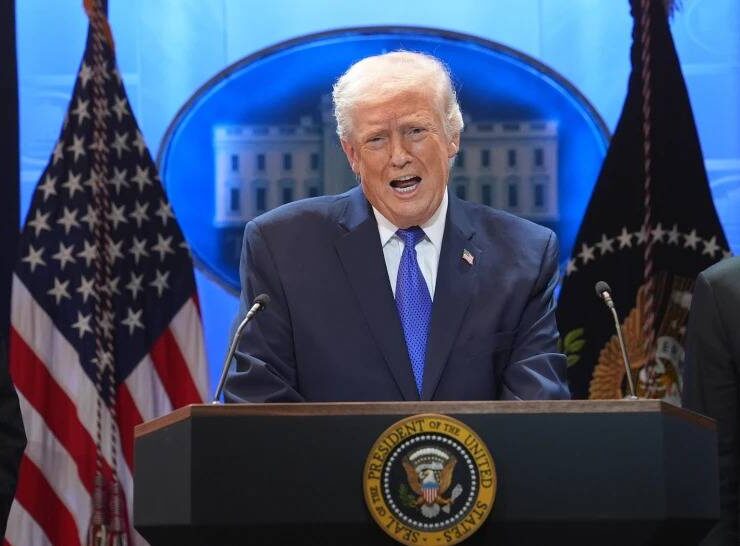Seize momentum to curb text scams

Many people have noticed a drop in scam text messages after President Marcos declared a total ban on Philippine offshore gaming operators (Pogos) last month.
Deputy House Speaker David Suarez, for one, noted that from four to five scam messages a day, he is now free of those irritating and unsafe messages from anonymous numbers that ask receivers to click on a link to claim a reward or trick them into revealing personal information that can be used to access their financial accounts.
For Suarez, the sudden drop in spurious messages after the President announced the ban was proof positive that Pogos were indeed behind the orchestrated sending of spam messages, among the many crimes linked to them.
Information and Technology Secretary Ivan John Uy arrived at the same conclusion. “Did you notice it? There was a sudden drop in the text scams you receive? You can see really the correlation between the operations of those companies with scamming,” said Uy.
The recovery of hundreds of mobile phones plus subscriber identity module (SIM) cards in the raided Pogo offices does give authorities a valid reason to believe that the Pogos are indeed the ones sending out these messages.
In August last year, for example, some 28,000 SIM cards confiscated from Pogos in Pasay City had been used to siphon as much as P1 billion from the e-wallets of the hapless victims of online fraud. This followed a similar raid earlier in June that yielded 80,000 SIM cards.
Cartoon character
Congress is therefore right in investigating Pogo operators for possible violation of cybercrime laws, as part of bigger efforts to institutionalize the ban on the sector so that they will not reincarnate in another form down the road.
Filipinos, however, should not be lulled into thinking that by eliminating Pogos, the issues with text scams that were supposed to have been eliminated or brought to a minimum with the passage of the SIM Registration Act will likewise disappear.
On the contrary, government agencies tasked with enforcing the law such as the National Telecommunications Commission (NTC) as well as telecommunications companies should step up efforts to stamp out this scourge as clearly, Pogos are not solely to blame for the proliferation of scam messages and enforcement of the new law leaves a lot to be desired.
During a briefing last Monday inside one of the buildings of the illegal Lucky South 99 Pogo in Porac, Pampanga, for example, the Presidential Anti-Organized Crime Commission (PAOCC) demonstrated on the spot how they were able to register a SIM card with a telecommunications company using cartoon character Homer Simpson of the animated television series “The Simpsons.”
Plug loopholes
Last year, the PAOCC exposed the same weakness, then registering Bart Simpson, the lead character of the same television series, as well as the face and name of a popular anime character. Even the image of a smiling monkey was able to register a SIM card.
Since then, the strengthening of the registration system had already been pushed. But the demonstration last Monday showed the need to plug remaining loopholes in the registration process.
To recall, Republic Act No. 11934 or the SIM Registration Act was signed in October 2022, the first law to be signed by Mr. Marcos. By registering SIM card to its individual user, fraudsters were supposed to be unmasked and denied the sanctuary accorded by anonymity and thus curb scams and hasten law enforcement.
Obviously, the objectives have yet to be met.
The NTC should thus take up the challenge made by Sen. Sherwin Gatchalian to take advantage of the perceived drop in scam messages supposedly from Pogos to fully enforce the law.
System for reporting scammers
As of the July 25 deadline last year, 105.92 million cards were registered, equivalent to about 63 percent of the 168.02 million subscribers of the three publicly listed telecommunication companies.
Sen. Grace Poe, for her part, sought immediate improvements in the system for reporting scammers, describing the current system as so tedious that users have been discouraged from seeking help from authorities, leaving criminal elements free to continue their misdeeds.
There is hope however of a significant change soon as the NTC has finally met with telcos, SIM distributors, and dealers to help understand provisions and obligations under the law.
The meeting may be two years late since the law was passed, but it is at least a beginning of what is hoped to be a concerted effort from all parties to enforce the law to ensure the safety of all mobile users.





















